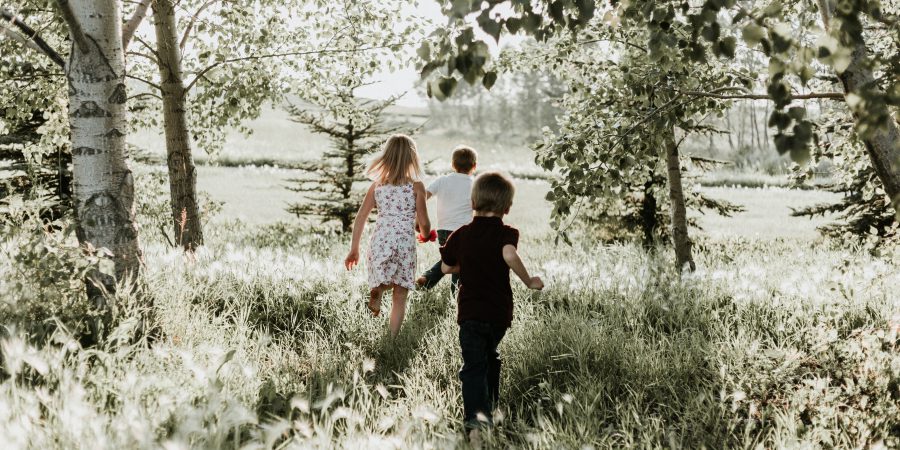Each family has ideas about whether or not to take children to a funeral. It is also important to find out what the child feels about attending. One thing is for sure. Because there are so much mystery and secrecy about death and its rituals the child’s imagination may have already created some things that are scarier than reality. So, although it’s hard to do, find a quiet, private place and start off by asking the child what they think is happening and will happen.
With pre-school kids, it will make more sense to them if you use play or symbolism to explain things. One way is to have to stuffed toys talking to each other. You can be “Mama/Papa Bear” and the child can be “Kid Bear”. Start by saying, “I have to go to Grandpa Bear’s funeral on Friday. Do you know what a funeral is?” And go from there having the conversation. Or, use symbolism such as flowers dying in the fall or the dead bug on the sidewalk to start the conversation. “Remember how we said that the bug lived their life and then died? Well, it’s like that with people too,” and so on.
With older kids, sit down with them face to face. Again, start off by asking what they think is happening or will happen. And listen without judgement. Remember that the child had a relationship with the person who died too and they are grieving in their own way. It’s not just the adults who mourn.
After you hear from them, it is important to describe the event before the child makes the decision about whether or not to attend. Talk about the purpose – to honour the life of the person by bringing together friends and family. Explain who will be there and what they will do. Describe the surroundings and how everything will look. Say that people may cry and be sad, may laugh, and may whisper or talk quietly. Talk about the music and the rituals. In doing all of this explaining, keep it simple. Don’t over-answer. Just answer what is asked.
If the child does attend, make sure to have a trusted adult standing by in case the child needs to leave. This allows you to stay and participate without worrying about your child.
The bottom line? Be authentic and honest with your child. Kids just seem to know when it is important. They are curious and want to learn. If you avoid the sad life lessons, you are missing an opportunity to develop trust and honesty in your relationship with them.
ADDITIONAL READING:
Have you had “the talk”? Steps to take & 5 tips about funeral services
Your preneed cemetery or funeral services contract rights
Cemetery and funeral services: do you know your rights?



Certainly you should discuss death and dying with children, but I would not recommend taking them to a funeral. They do not understand what’s going on, and you’re likely to spend the time tending to them instead of focusing on why you’re there. This will increase the upset of the other mourners as well as your own. If you feel it’s absolutely necessary for them to be part of the ritual, consider taking them to the visitation where you can quietly explain things to them. Just check beforehand to see if the casket will be open as this can be traumatic for anyone of any age.